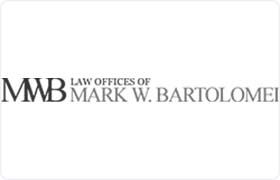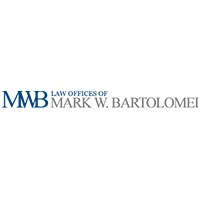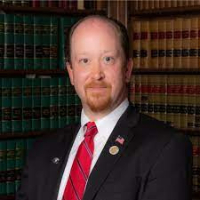 Worcester Divorce & Family Law Lawyers, Massachusetts
Worcester Divorce & Family Law Lawyers, Massachusetts
Sponsored Law Firm
-
 x
x

Click For More Info:
-
Law Offices of Mark W. Bartolomei
51 Union Street Suite G10 Worcester, MA 01608» view mapDivorce & Family More Than 20 Years of Dedicated Service
Worcester divorce and bankruptcy attorney for more than 20 years.
800-931-6101
Sponsored Lawyers
1-10 of 48 matches
Bankruptcy & Debt, Divorce & Family Law, Criminal
Marina R. Matuzek is a practicing lawyer in the state of MA handling Bankruptcy and Family Law cases.
(more)Divorce & Family Law, Real Estate, Criminal, Bankruptcy & Debt, Mediation
As the founder of the Law Offices of Mark W. Bartolomei, Mr. Bartolomei is a highly skilled and dedicated attorney focused on providing outstanding legal counsel and results-oriented service. He has more than 20 years of experience in several different areas of the law, and handles cases for a diverse set of individuals and families in the Worcester area. You can have faith in the firm and its strong track record of success, whether your legal needs are related to divorce, criminal defense, bankruptcy or real estate. A strong commitment to our clients and the community With roots in this community that go back to his childhood, Mr. Bartolomei knows the challenges that people in the Worcester area face. He has an obvious passion for helping those facing a variety of legal issues, based on his belief that everyone should be able to afford reliable counsel. Mr. Bartolomei received his B.A. from Assumption College in Worcester before attending Western New England College of Law in Springfield. Since his entry into the Massachusetts State Bar, he has remained dedicated to helping people protect their rights in cases involving family law and various other issues.
(more)Divorce, Personal Injury, Immigration, Criminal
Since 1994, Attorney Frederick C. Rushton has provided comprehensive legal counsel and representation in matters of Personal Injury, Family Law, Criminal Law and Immigration. If you’ve been injured, involved in a crime, family dispute, are going through a divorce or child custody or support matter, or need competent guidance and representation regarding citizenship and/or naturalization, I can assist you. I am dedicated to providing beneficial legal services for my clients, striving to obtain the ideal outcome for you, and to make the process as streamlined and honorable as possible—for your protection, reassurance, convenience and overall benefit.
(more)Family Law, Estate



 Mark Bartolomei Worcester, MA
Mark Bartolomei Worcester, MA AboutLaw Offices of Mark W. Bartolomei
AboutLaw Offices of Mark W. Bartolomei Practice AreasExpertise
Practice AreasExpertise




